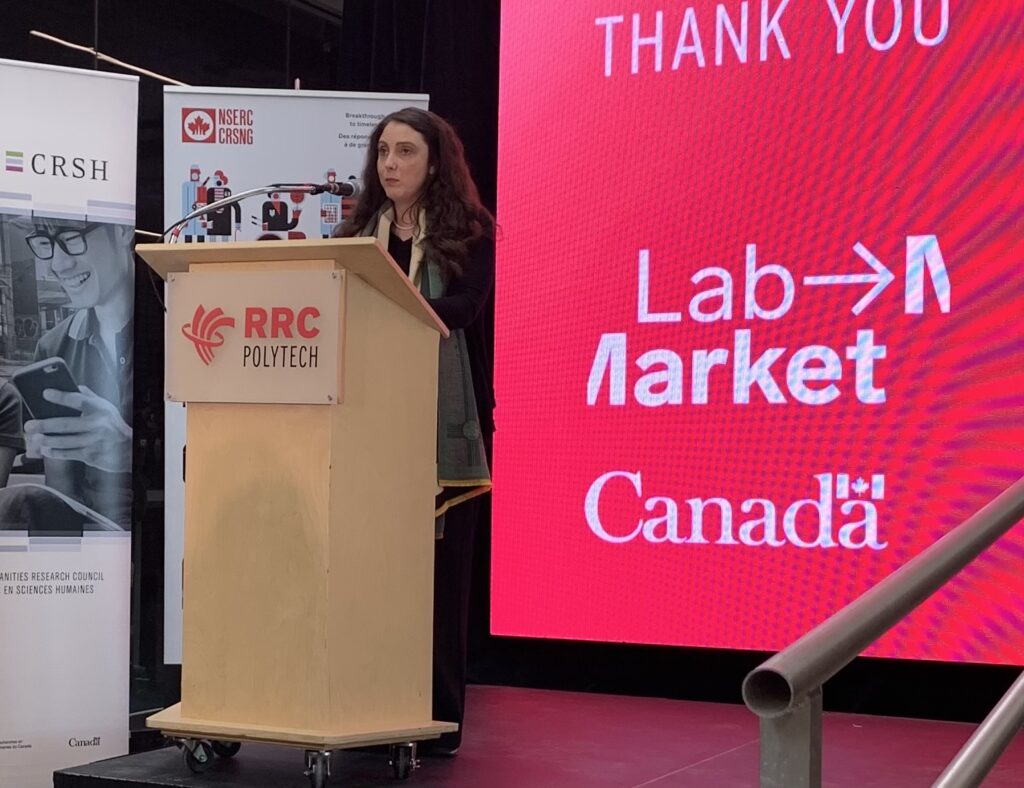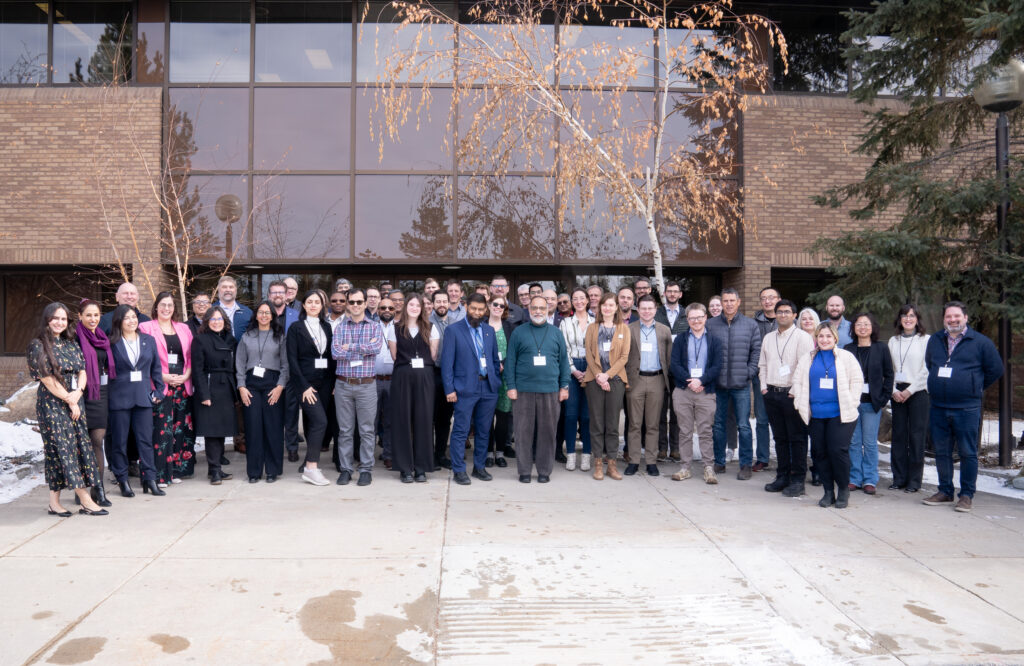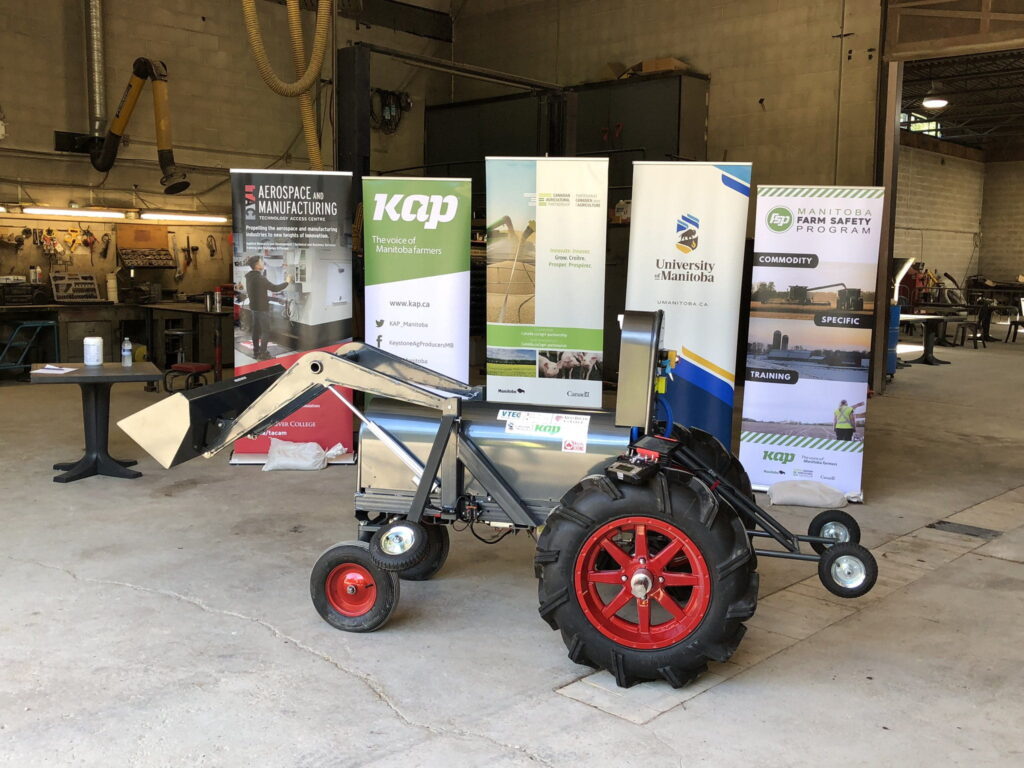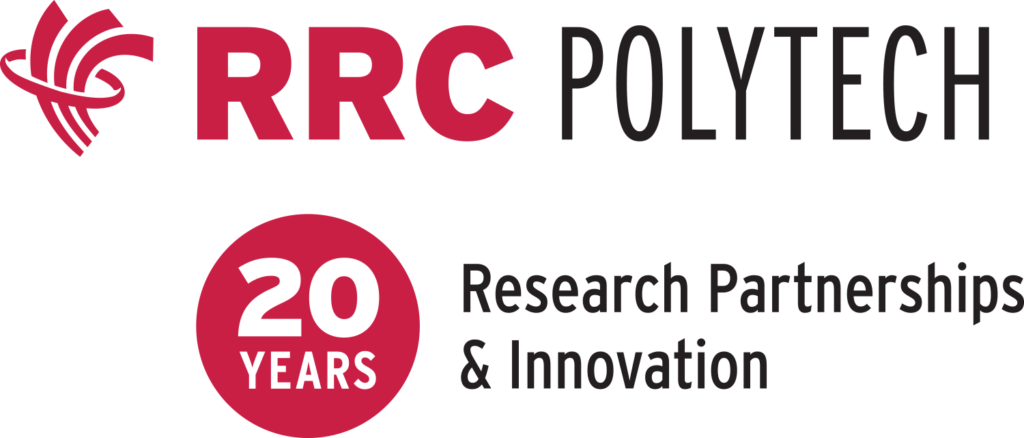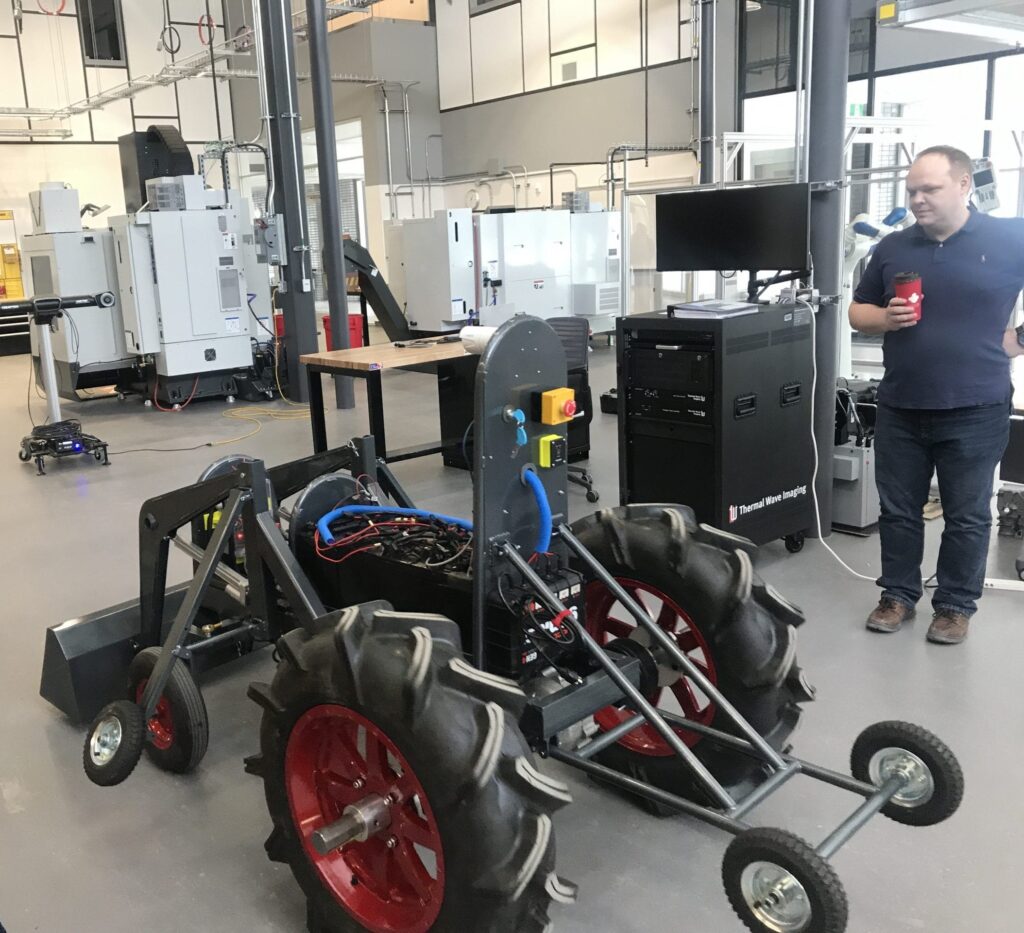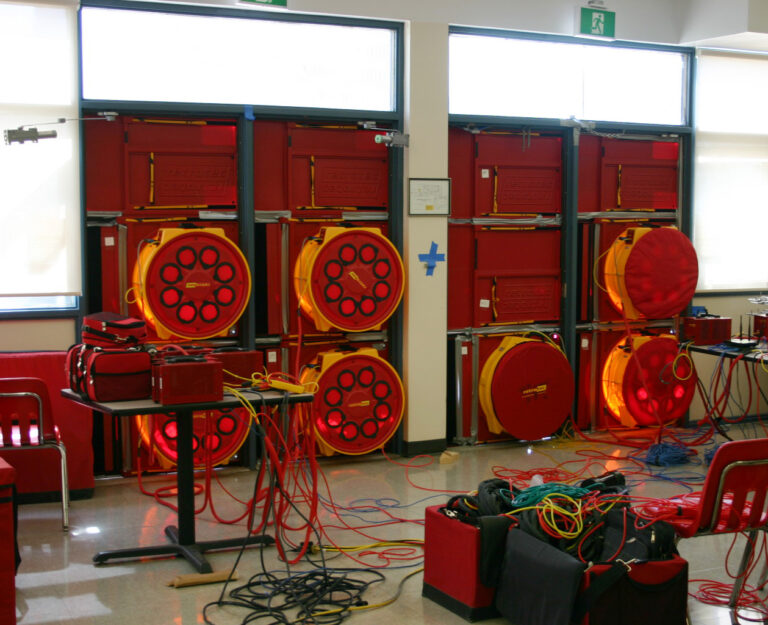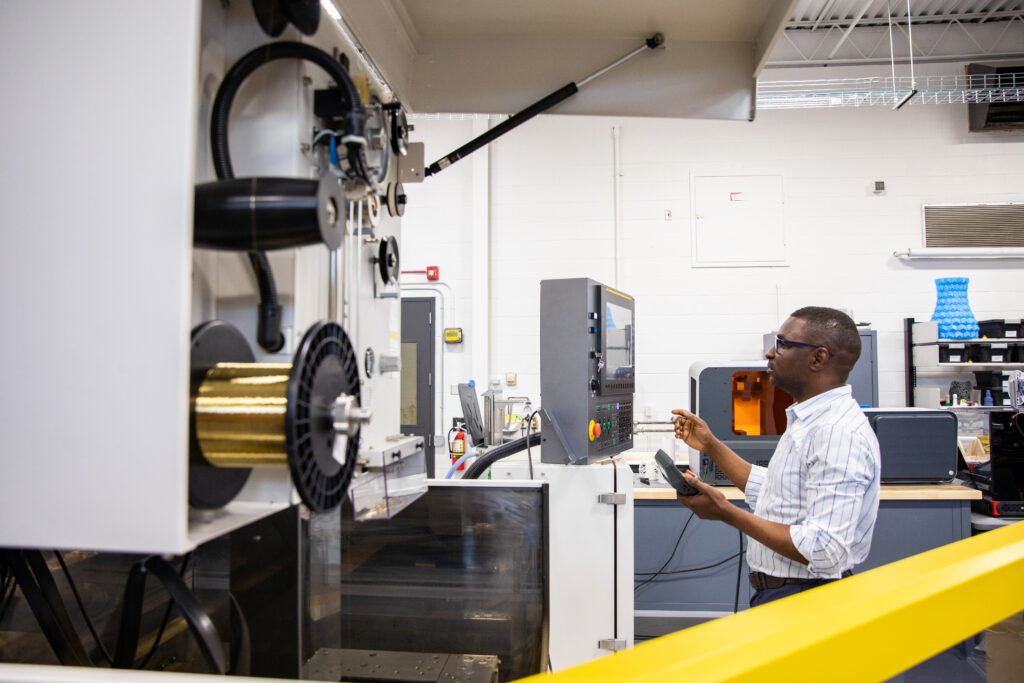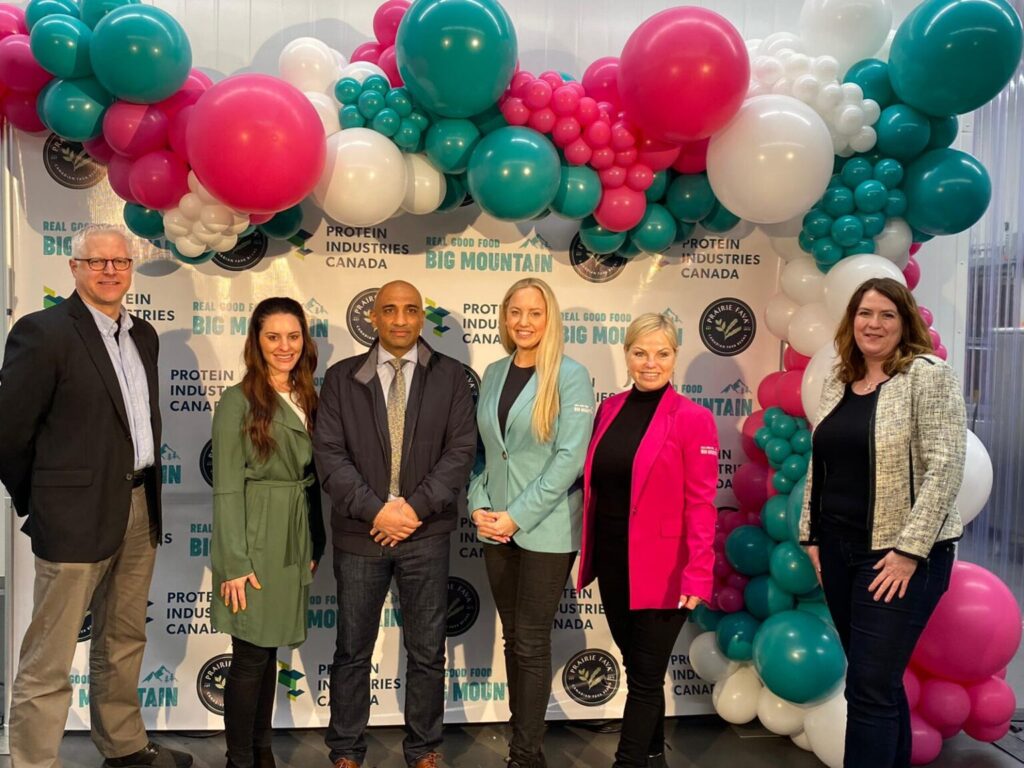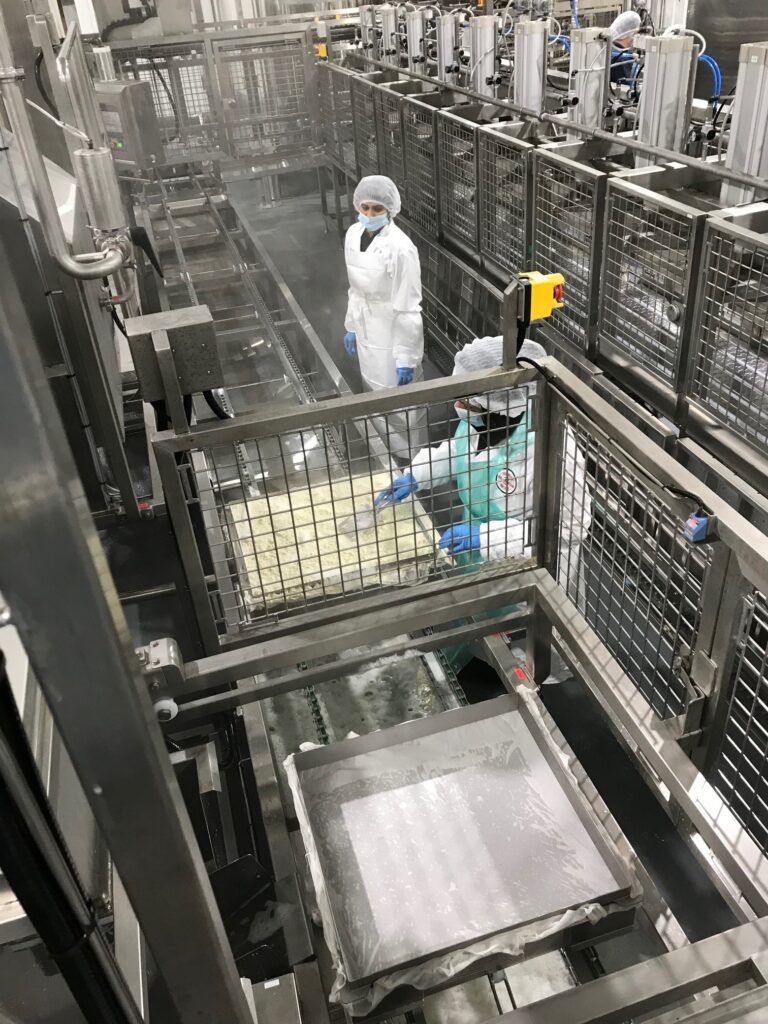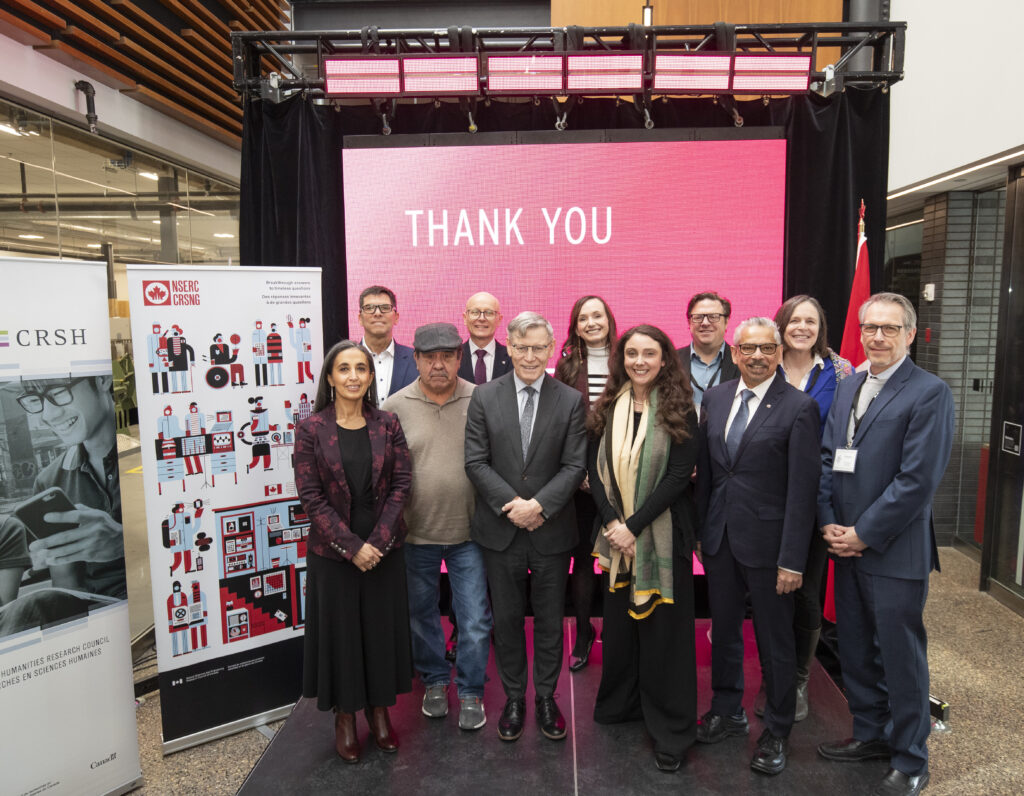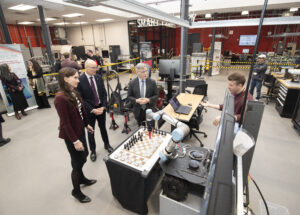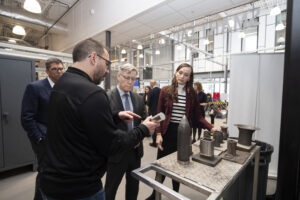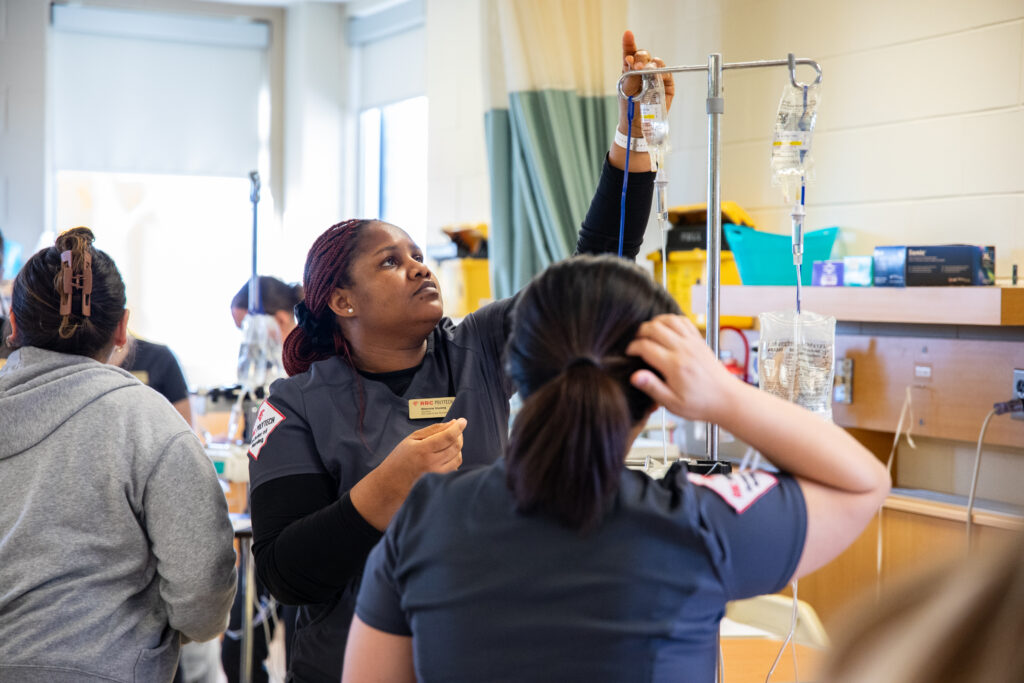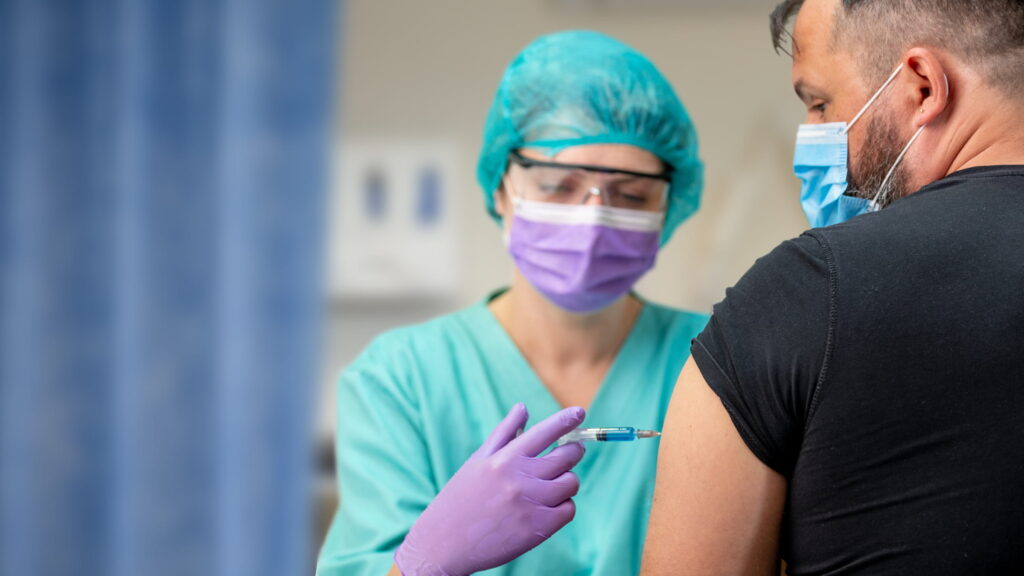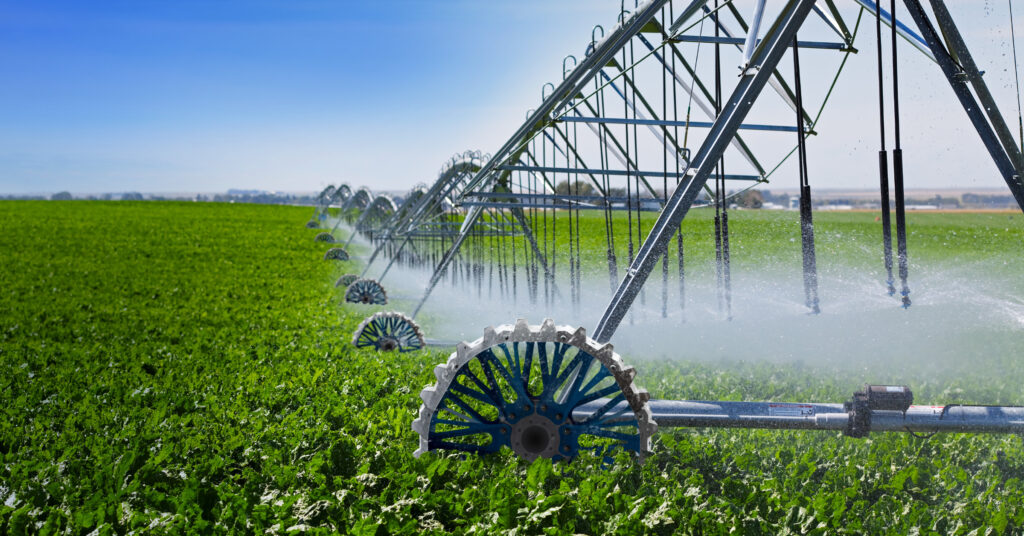College-University Lab to Market Network begins search for strategic leaders to manage regional hubs
Join our team and play a vital role in shaping the future of innovation!
RRC Polytech is seeking a dynamic Program Manager to lead the Manitoba regional hub of its collaborative College-University Lab to Market initiative.
This strategic and leadership position is an exciting opportunity to work closely with other post-secondary institutions and a national network of peers and local innovators to support entrepreneurship training and research commercialization across Canada. The $24.1 million federally funded initiative is led by RRC Polytech’s Research Partnerships & Innovation enterprise and comprised of eight regional and three Indigenous hubs.
Key responsibilities include:
- administrative leadership
- program development
- financial and metrics reporting
- engaging the entrepreneurial community
- contributing to national strategies while ensuring program excellence locally
- collaborating with eight regional hubs and three Indigenous entrepreneurship hubs to drive impactful results
Similar positions at regional hubs across the country are being posted to the links below. Postings at the Indigenous hubs will be announced soon, as the network continues to take shape.
If you’re passionate about innovation, leadership, and community-building, this role is your chance to contribute meaningfully to Canada’s entrepreneurial landscape.
Apply today:
BC Hub – BCIT
AB Hub North – NAIT
AB Hub South – SAIT
SK Hub – Saskatchewan Polytechnic
MB Hub – RRC Polytech
ON Hub – Humber Polytechnic
QC Hub – Cégep de Thetford
ATL Hub – NSCC

